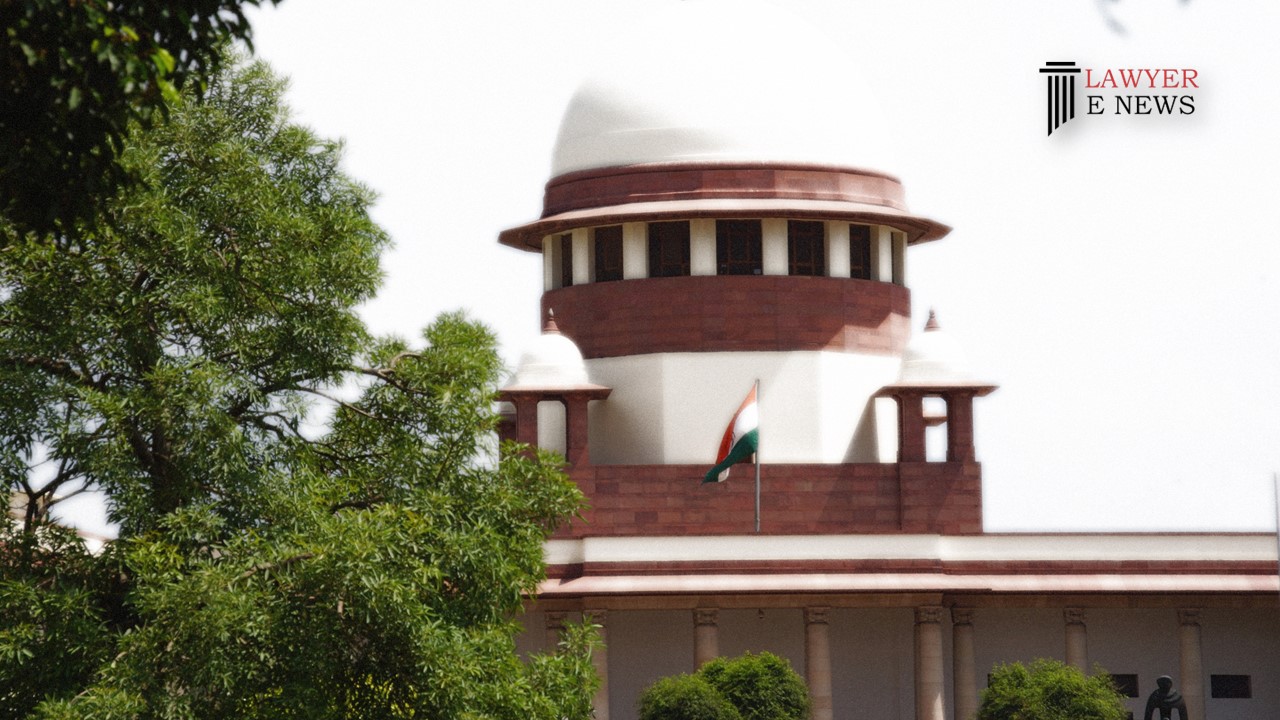-
by sayum
14 February 2026 2:22 PM



In a significant judgment, the Supreme Court of India has allowed the appeals challenging the High Court’s decision that had overturned the validation of the appellant’s caste certificate. The apex court emphasized the limits of the High Court’s intervention in the findings of the Scrutiny Committee.
The primary legal issue revolved around the validity of a caste certificate (‘Mochi – Scheduled Caste’ in Maharashtra) and the extent of judicial review over the Scrutiny Committee’s decision. The Supreme Court assessed whether the High Court exceeded its writ of certiorari powers in reassessing the findings of the Scrutiny Committee.
Navneet Kaur, the appellant, contested the 2019 Parliamentary election from Amravati constituency as a ‘Scheduled Caste’ candidate. Her caste certificate was challenged as fraudulent. The Scrutiny Committee validated her caste claim, which was later set aside by the High Court. The High Court’s judgment was based on allegations of forged documents and overstepping of the Presidential Order.
Caste Certificate Validation: The Supreme Court found the Scrutiny Committee’s validation based on pre-independence era documents appropriate. The High Court’s reevaluation was deemed excessive, as the Scrutiny Committee’s process adhered to proper procedures.
High Court’s Scope in Writ of Certiorari: The apex court opined that the High Court overstepped its bounds by re-evaluating evidence within the exclusive domain of the Scrutiny Committee.
Scrutiny Committee’s Procedure and Authority: The Supreme Court upheld the Scrutiny Committee’s process and its subjective satisfaction in validating the appellant’s claim.
Presidential Order’s Ambit: The Court clarified that the validation of the appellant’s caste claim as ‘Mochi’ does not amend or misinterpret the Presidential Order.
The Supreme Court allowed the appeals, restoring the Scrutiny Committee’s validation order and setting aside the High Court judgment. No order as to costs was given.
Date of Decision: 4th April 2024
Navneet Kaur Harbhajansing Kundles vs. State of Maharashtra and Others
